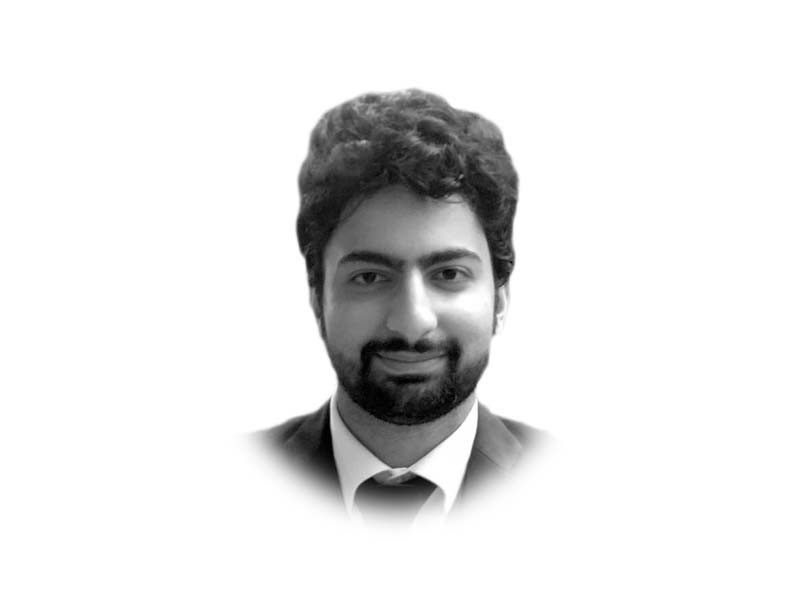
Before explaining what is so bad about the judgment let’s just get one major point out of the way: Nawaz Sharif was not found guilty of corruption via dishonest means under section 9 (a) (iv) of the Ordinance. There was no evidence presented to convict him under this section, and the accountability court had no choice but to acquit him of this charge. The importance of this lies in the fact that this was the section that his political opponents swore he would be guilty of. Well, he isn’t. Nawaz Sharif has not been found guilty of what we may call ‘direct corruption’. It took an indirect route, plagued with assumptions and paradoxes, for the accountability court to find him guilty of something at all.
Nawaz Sharif was found guilty under section 9 (a) (v) which goes something like this: If you own an asset which is disproportionate to your means of income, then, it is presumed you are corrupt unless you can show the contrary through a money trail. Section 9 (a) (v) flips the presumption of innocence — a hallmark of the right to a fair trial — and presumes you are guilty. You, the accused, must show you are innocent. It is an absurd provision that violates the very concept of a fair trial. But even with this easy route towards conviction, the judgment falls on its face numerous times. You see, in order to trigger section 9 (a) (v) the prosecution has to prove that a public office holder owned an asset or property which was disproportionate to his means of income. Therefore, the prosecution still had to prove that Nawaz Sharif owned the Avenfield apartments. They couldn’t. The judgment itself admits this. How the judgment still manages to get to this conclusion is a tale of presumptions and gems of logic such as one sentence that says that since Nawaz’s children were young at the time the apartments were purchased, he, being the caring father, must have bought it for them. This conclusion was drawn not from hard evidence but from some rather vague and non-understandable concept of ‘fatherhood’.
Based on this sound logic, the burden to prove the money trail for the apartments fell on Nawaz. He could not show it and was found guilty under section 9 (a) (v). Why didn’t he show the money trail? Simply because his entire case was that ‘he didn’t own the apartments in the first place’. How can he bring forward evidence to show the money trail for something that he categorically states he does not own? It is a paradox, it is absurd, it makes no sense.
If we have laws like section 9 (a) (v) on our books, what is the point of having the right to a fair trial in the constitution? Is it merely to decorate it? ‘But we need it!’ may come a voice from the mob, ‘it is already so difficult to prove corruption.’ Well of course it is difficult to prove corruption, but that doesn’t mean we start lowering our standards to those of a roving lynch mob. The law shouldn’t care if everyone knows Nawaz Sharif is corrupt if you can’t prove it beyond reasonable doubt. Evidentiary burdens aren’t there to allow sneaky lawyers to get a guilty client acquitted, they are there so that we can convict an accused on the basis of sound objective facts rather than our own subjective prejudices.
This verdict must be overturned. Therefore, it is important for Nawaz Sharif to return and file an appeal. An appeal in which he should have a strong chance of success. Meanwhile, all political parties should consider whether they should be rejoicing this decision. If these are our standards to prove corruption, then they may find the same noose around their neck very soon.
Published in The Express Tribune, July 10th, 2018.
Like Opinion & Editorial on Facebook, follow @ETOpEd on Twitter to receive all updates on all our daily pieces.












COMMENTS (11)
Comments are moderated and generally will be posted if they are on-topic and not abusive.
For more information, please see our Comments FAQ